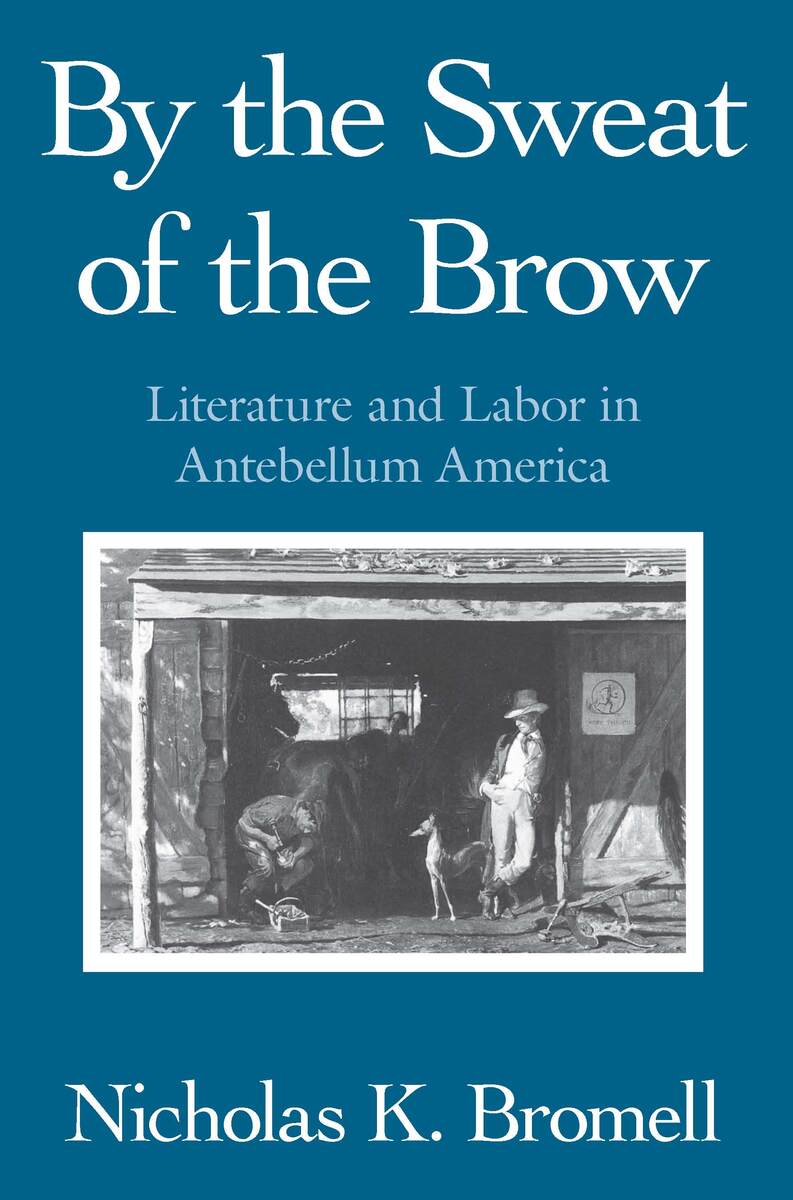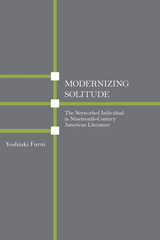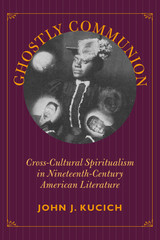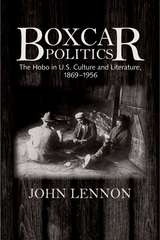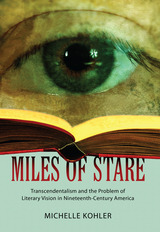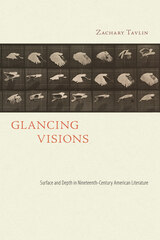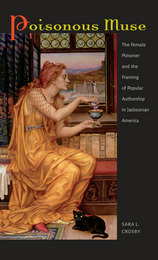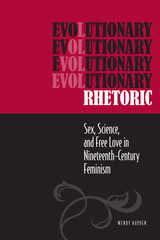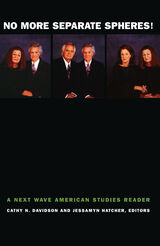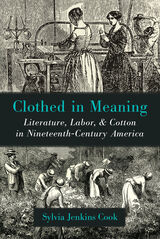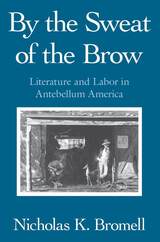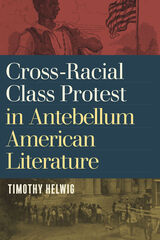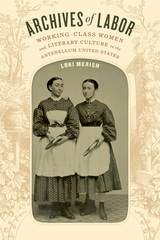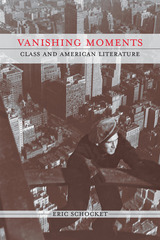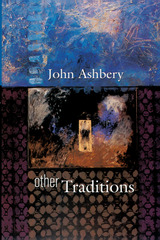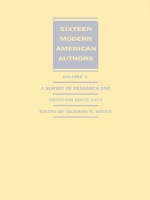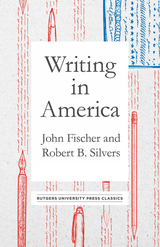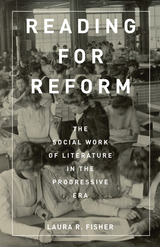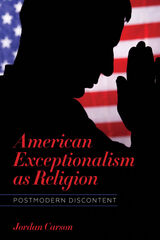By the Sweat of the Brow: Literature and Labor in Antebellum America
University of Chicago Press, 1993
Cloth: 978-0-226-07554-9 | Paper: 978-0-226-07555-6
Library of Congress Classification PS217.W66B76 1993
Dewey Decimal Classification 810.9920623
Cloth: 978-0-226-07554-9 | Paper: 978-0-226-07555-6
Library of Congress Classification PS217.W66B76 1993
Dewey Decimal Classification 810.9920623
ABOUT THIS BOOK | TOC | REQUEST ACCESSIBLE FILE
ABOUT THIS BOOK
The spread of industrialism, the emergence of professionalism, and the challenge to slavery fueled an anxious debate about the meaning and value of work in antebellum America.
In chapters on Thoreau, Melville, Hawthorne, Rebecca Harding Davis, Susan Warner, Harriet Beecher Stowe, and Frederick Douglass, Nicholas Bromell argues that American writers generally sensed a deep affinity between the mental labor of writing and such bodily labors as blacksmithing, house building, housework, mothering, and farming. Combining literary and social history, canonical and noncanonical texts, primary source material, and contemporary theory, Bromell establishes work as an important subject of cultural criticism.
In chapters on Thoreau, Melville, Hawthorne, Rebecca Harding Davis, Susan Warner, Harriet Beecher Stowe, and Frederick Douglass, Nicholas Bromell argues that American writers generally sensed a deep affinity between the mental labor of writing and such bodily labors as blacksmithing, house building, housework, mothering, and farming. Combining literary and social history, canonical and noncanonical texts, primary source material, and contemporary theory, Bromell establishes work as an important subject of cultural criticism.
See other books on: Antebellum America | Slavery in literature | Work in literature | Working class | Working class in literature
See other titles from University of Chicago Press
